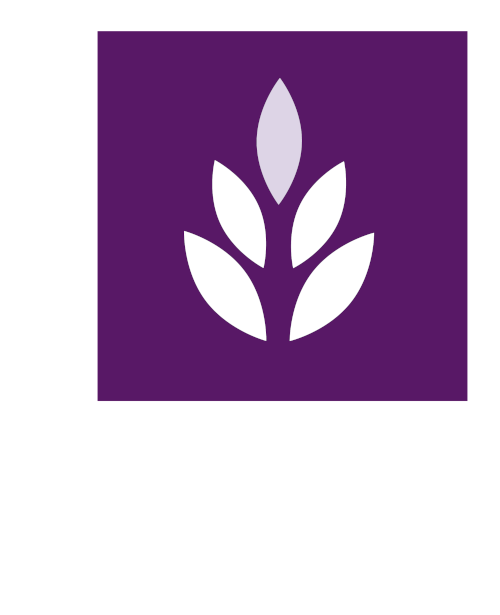- Home
- About
- Business Schools Ranking
- Selected schools
- study abroad
- Awards
- Contact

Study in Yemen
Yemen Statistics
Geography-Population
- Capital: Sana’a
- Area: 555,000 km ²
- Climate: most desert; hot and humid along the west coast, temperate the western mountains, extremely hot and dry desert in east
- Population: 23,580,000 (est. 2009)
- Languages: Arabic
Government-Economy
Government-EconomyGovernment Type: Presidential republic
GDP: $58.218 billion (est. 2009)GDP – per capita (PPP): $ 2,457 (est. 2009)
Information for Foreign Students in YemenGetting There Emirates Air flies from Dubai (United Arab Emirates) to Sana'a daily. The flight takes slightly more than 2 hours, and Yemen is one hour behind UAE time. Budget airline Air Arabia also flies from Sharjah (near Dubai) to Sana'a on Tuesdays and Saturdays. The national carrier, Yemenia, flies to Sana'a from many mid-Eastern and several European capitals, including a daily non-stop from Cairo. Lufthansa flies from Frankfurt 3 times weekly with a stop in Cairo. Flight time to Sana'a from Cairo is about 3 hours, plus a 1-hour time change. Turkish Airlines flies from Istanbul to Sana'a 4 times a week. Qatar Air flies to and from Doha daily. Royal Jordanian also flies twice weekly from Amman to Sana'a and to Aden. Syrian air lines also flies to Sana'a. Since 15th January 2010, flights to London have been suspended until further notice due to the terrorist threat in Yemen.
Obtaining a Visa Yemen is an extremely volatile country with a large threat of terrorist activity so visa restrictions are quite intense and change regularly. Please contact your nearest Yemeni consulate for details regarding a student visa.
Money Currency used in Zambia is the Kwacha. If you bring US Dollars to convert, note that Zambian banks will only accept large bills (nothing smaller than $50 bill) unless you want to be charged a ridiculously high exchange rate. Changing Euros is difficult; international banks will accept them, but at a high exchange rate. ATMs are found in major cities, but should not be depended too strongly upon. Some do not accept anything other than VISA, something to note. Some higher end places accept credit cards, but it is not common.
Health
Tap water should be avoided. This is comparatively easy to do, as bottled water - both chilled and at room temperature - is readily available everywhere. Additionally, be aware that the country is exceptionally dusty. Travelers with breathing difficulties (such as asthma) may encounter problems in more remote destinations.
Safety Generally, Zambians are friendly people. However - as with any location - be careful about walking at night, especially if you've been drinking. There are few streetlights, and many of the locals are very poor. There is a 10PM curfew throughout most of the country. Avoid being found on the street after 10PM or risk being arrested.
TransportationYemen is not an easy country to get around, as for foreign nationals travel permits are required and in some regions independent travel is not possible. There is a lack of road infrastructure in the eastren Mahra region, while all other Yemeni regions have hundreds of km newly built roads. If you are an intrepid traveler, the local transportation (taxis, buses, airplane) is perfect to get around on the cheap. For trips outside the capital, many travelers prefer a car (preferably 4WD) and may choose to hire a driver through a local travel agency. More intrepid travelers should certainly take advantage of the local intracity bus service, which is cheap, comfortable, and a wonderful way to see the country. The buses usually take a pit stop every hour or so, making this a slow(er) but much more interesting way to travel for those who are up for an adventure and some friendly conversation. The biggest company in Yemen is Yemitco, their offices can be found in major cities. Additionally, all travel outside the capital will require a travel permit (tasriih) from the tourist police, their station located 30 meters up the canal from the Arabian Felix Hotel. You need your passport, list of destinations and timerange how long you are going to stay outside the capital. No photos required, however bring a photocopy of your visa and the picture page in your passport, as the photocopier there often doesn't work. This takes about 15 minutes. The usual Middle Eastern shared taxi system exists in Yemen. In every city and often in towns there is at least one shared taxi (bijou, from Peugeot) station, from where cars go to different destinations. Just ask anyone for your destination and they will point you to a car going there. The driver will not depart until all seats are completely full, which means 2 people in the passenger's seat, four in the middle and three in the back in a standard Peugeot almost invariably used for this purpose. If you want to travel in more comfort, you can pay for two seats or for the whole row. If you're a woman travelling alone you might be offered two seats in front for the price of one, but often you'll be asked to pay for both.
** Travel to Yemen at this time is not recommended because of the very high threat of terrorist attacks, kidnappings, tribal violence and general lawlessness. Terrorist groups actively target tourist groups, with targeted suicide bombings and armed ambushes occurring yearly since 2007. Travel in the Saada region of northern Yemen is strongly discouraged because of the risk of violent civil unrest.
Official Selection of the Best Business Schools in Yemen
|
1 Palme Of Excellence LOCAL Reference |
Rank Position in
Palmes’ League |
Deans’ Recommendation
rate 2024 |
|---|---|---|
|
Queen Arwa University - College of Commercial Sciences and Administration |
1 | 158 ‰ |

Official Selection of the Best Business Schools in Yemen
Learn the ranking results of the best masters in Yemen here:
